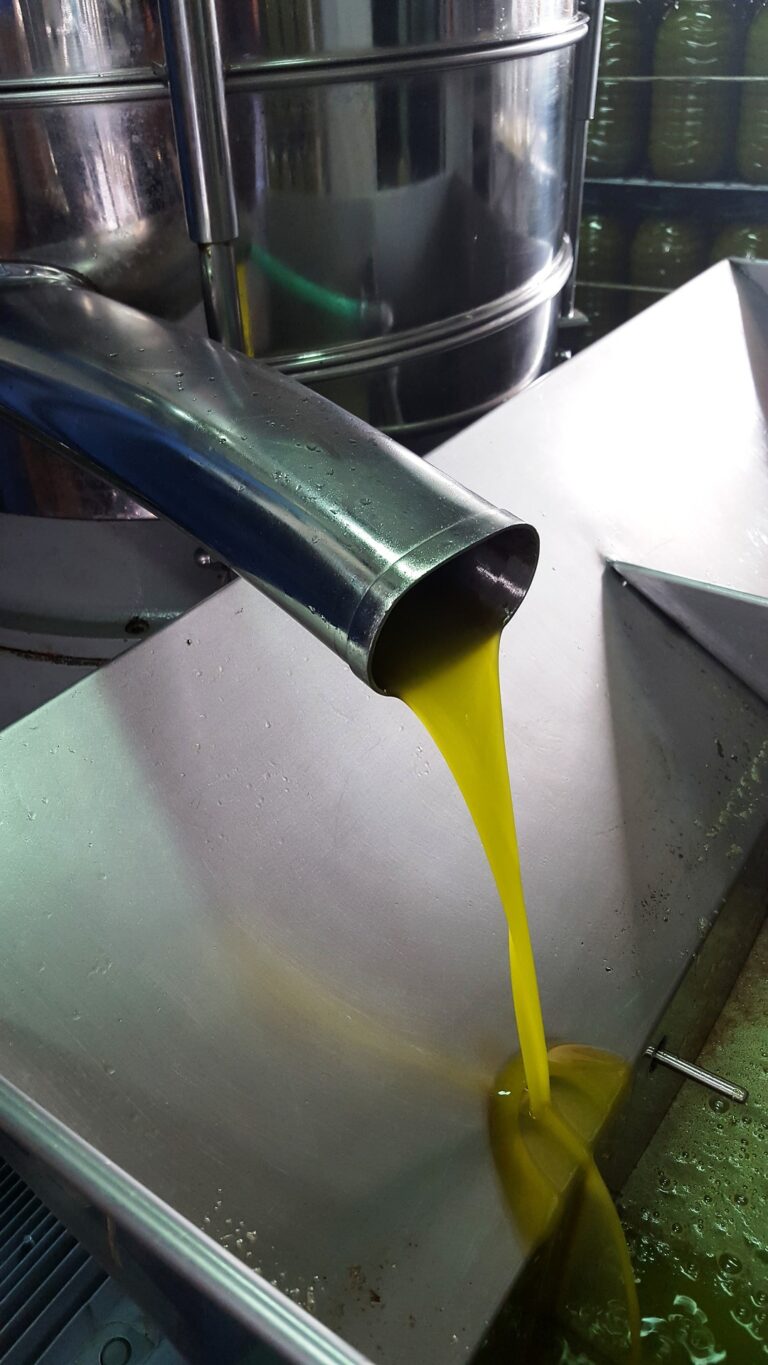Ever since the “Fridays for future” protest movements and the current flood of news about saving energy, topics such as sustainability, environmental protection and climate neutrality have been on everyone’s lips. As market demand grows, so does the interest and pressure for companies to make efforts and changes in this area and to communicate these – not only in the internal presentation of the company, but also externally, e.g. through advertising. Read below to find out what legal requirements apply to the permissibility of advertising with environmental protection terms.
“Environmentally friendly”, “eco”, “green”, “nature-friendly”, “environmentally friendly”, “sustainable”, “climate-friendly”, “CO2-friendly”, “CO2-neutral”, “CO2-positive”, “energy-efficient”, “biodegradable”, “resource-saving”, “eco” and many other attributes can be heard or read more and more frequently in current advertising campaigns. Many terms are not clearly defined and are therefore vague. This raises the question of what exactly sustainability advertising refers to.
Is it about the production or just the distribution of a product?
Do you mean the entire product or just individual components?
Is the entire supply chain recorded or just individual sections?
Does the information on improvements refer to the previous versions of your own company’s products or are you comparing yourself with competitor products?
The vagueness of the statements leads to a risk that the promises cannot be substantiated. If a company uses sustainability-related statements without having undertaken corresponding sustainability-oriented activities, this is referred to as greenwashing.
As a result of the increased importance of environmental claims, interest groups such as the consumer protection and competition authorities and the Federal Office of Justice, as well as courts, are increasingly concerned with sustainability advertising and the strict requirements for such “green claims”.
This also raises the question of what legal requirements apply to the use of sustainability-related statements in advertising.
Relevant regulations – some of which are presented below – are set out in the sector-specific ordinances and in the Unfair Competition Act (UWG).
The EU Organic Regulation regulates, among other things, the permissibility of using the terms “organic” and “eco” for food. By specifying clear criteria for production techniques, animal welfare standards and packaging, users must prove that the environmental impact of products is avoided or kept as low as possible.
The rules of the EU Energy Consumption Labeling Regulation (EnVKV) stipulate, among other things, that the energy consumption of certain electronic devices must also be indicated in advertising by means of an energy label. The Car EnVKV obliges manufacturers and dealers to indicate fuel consumption and CO2 emissions in advertising for new cars in order to make compliance with the limit values according to the emission standard recognizable. In the financial sector, too, advertising with sustainability terms is only permitted under particularly strict conditions in accordance with the Capital Investment Act. The Regional Court of Stuttgart (judgment of January 31, 2022 – 36 O 92/21 KfH) recently ruled that investment objectives of the funds must be clearly and bindingly defined prior to investment in order to provide measurable evidence that the environmental objectives have been achieved. Credit institutions must provide consumers with all reliable background information that is relevant to the investment decision in order to avoid confusion about the meaning of terms.
Fines may be imposed for non-compliance with these special legal regulations.
In addition, advertising statements must fulfill the general requirements of competition law in accordance with the Unfair Competition Act (UWG). In particular, the law also prohibits misleading actions that deceive consumers or other market participants as “unfair competition”. An act is classified as misleading if the act contains untrue statements or other misleading information about certain circumstances specified in the law.
The circumstances referred to in the law are essential characteristics of the goods or services, including the type, quality, design, method of manufacture, composition, delivery or provision of the goods/services, possible uses, commercial origin or results of tests of the goods/services.
It therefore stands to reason that sustainability-related claims can fall under one of these and other categories mentioned in the law if they present the product or service as “greener” than it really is.
However, it is not only statements about goods/services that are subject to the strict regulations, but also statements about the parties involved, in this case the manufacturer or importer.
This is intended to prevent a company from putting on a “green mantle” and falsely claiming certifications or sustainability-related information.
Violations may in particular result in civil law claims for injunctive relief of the inaccurate advertising statement and for payment of damages.
Despite all the regulations, it is clear in practice how tricky some companies are when it comes to advertising sustainability and how they find themselves in a gray area with their advertising claims. Many terms are not yet clearly defined and leave room for interpretation. Other terms are assumed to be known by the courts. It is now common knowledge that “climate neutral”, for example, does not also mean emission-free, but that climate neutrality can also be achieved by offsetting, i.e. by saving CO2 elsewhere.
A confectionery manufacturer’s advertising claim that all products have been produced in a climate-neutral manner since 2021 was therefore deemed not to be deceptive by the Kleve Regional Court.
However, what at first glance appears sustainable and may motivate consumers to buy, takes on an aftertaste when thinking about the transportation routes and packaging: both will probably not be possible entirely without CO2 emissions.
This is not an isolated case. More and more companies are advertising with embellished, incomplete or untrue statements, including sustainability labels that do not even exist.
In January 2022, the Munich Higher Regional Court had to deal with a misleading logo of a tea manufacturer. He designed his own “organic” logo, labeled his herbal teas with it and created the impression of a quality label. The consumer was given the false impression that the product had been awarded the label after a strict quality control by a third party, which was not the case.
In 2021, an EU-wide investigation by the CPC (Consumer Protection Cooperation Network) found that 42% of a total of 344 sustainability claims in advertising contained misleading information.
The clothing industry, in which the public is manipulated into buying through greenwashing, is heavily affected.
Conclusion
The standard of the courts’ assessments of the admissibility of sustainability advertising is strict, but not yet uniform, as there is a lack of definitions and guidelines. The admissibility of “green claims” will presumably become more concrete in future decisions. Approaches to this exist, and new regulations of directives at Union and international level are also planned.
A good rule of thumb is that the user of a “green claim” should ensure that they actually do what they say and make it clear how they mean the claims and terms they use.




